Aliaa Magda Elmahdy Nude Pictures: A History of Naked Activism [PHOTOS]


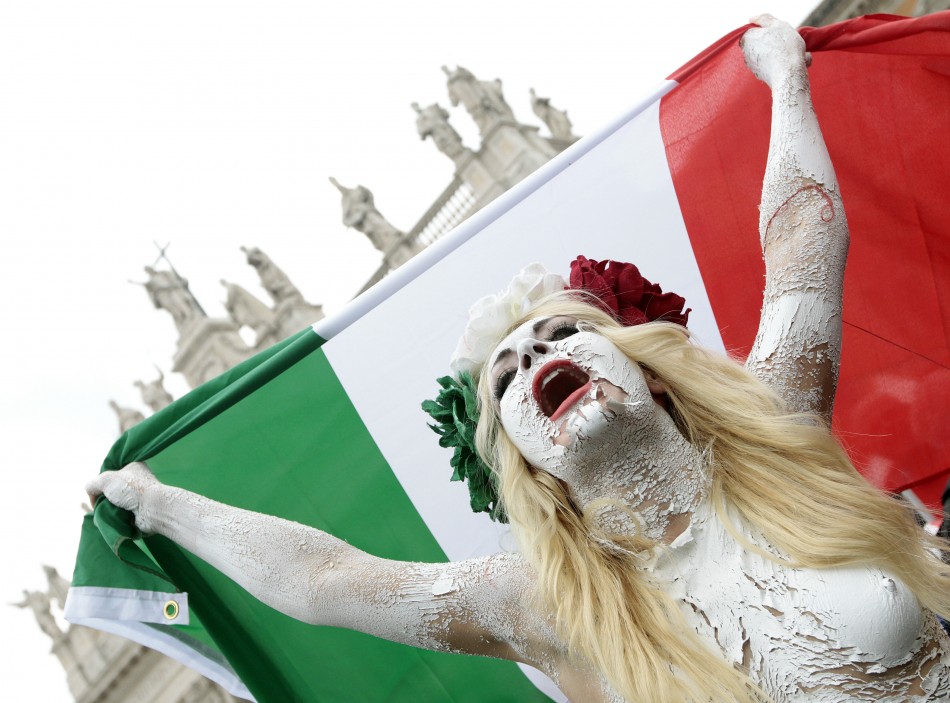


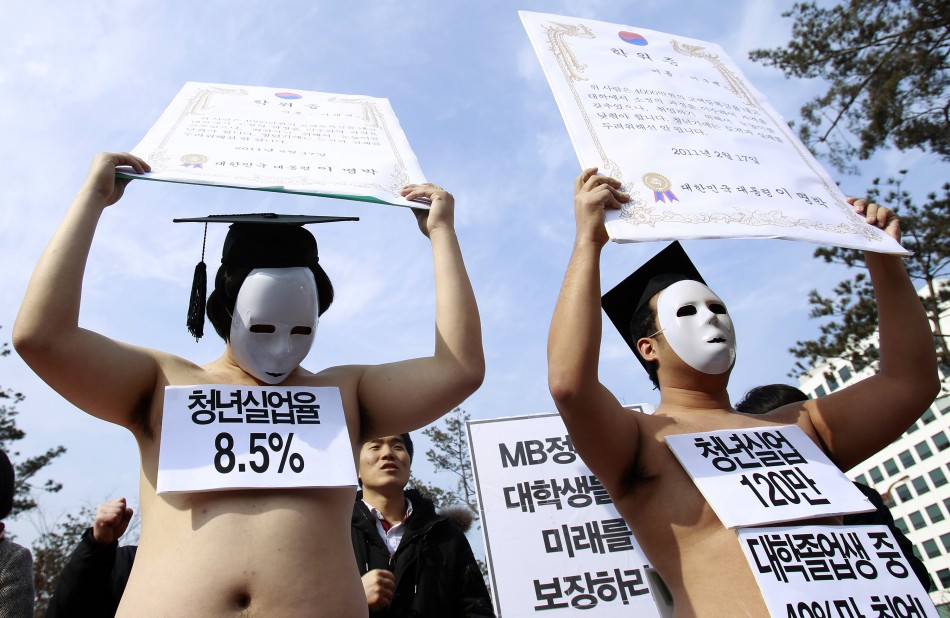

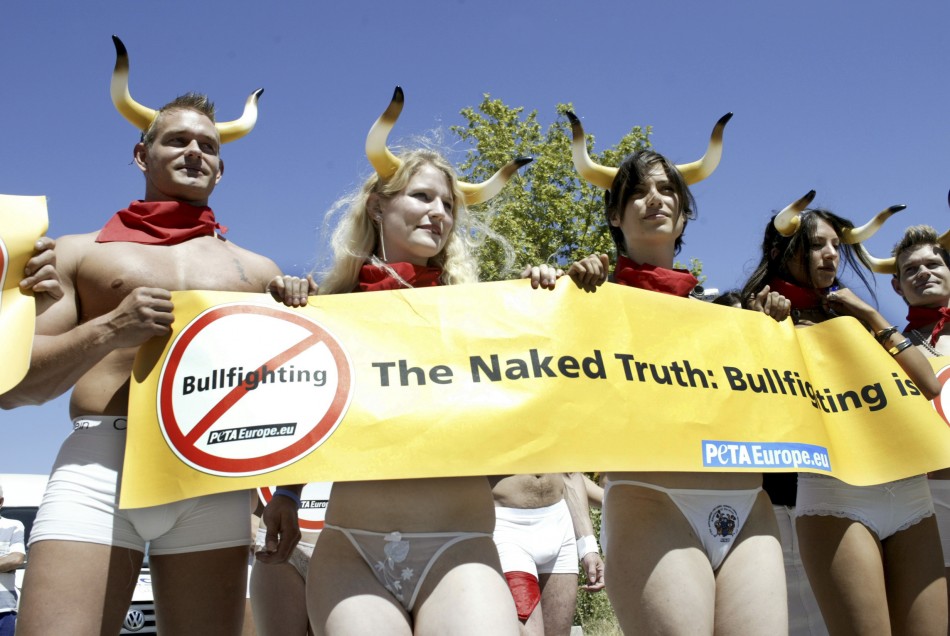
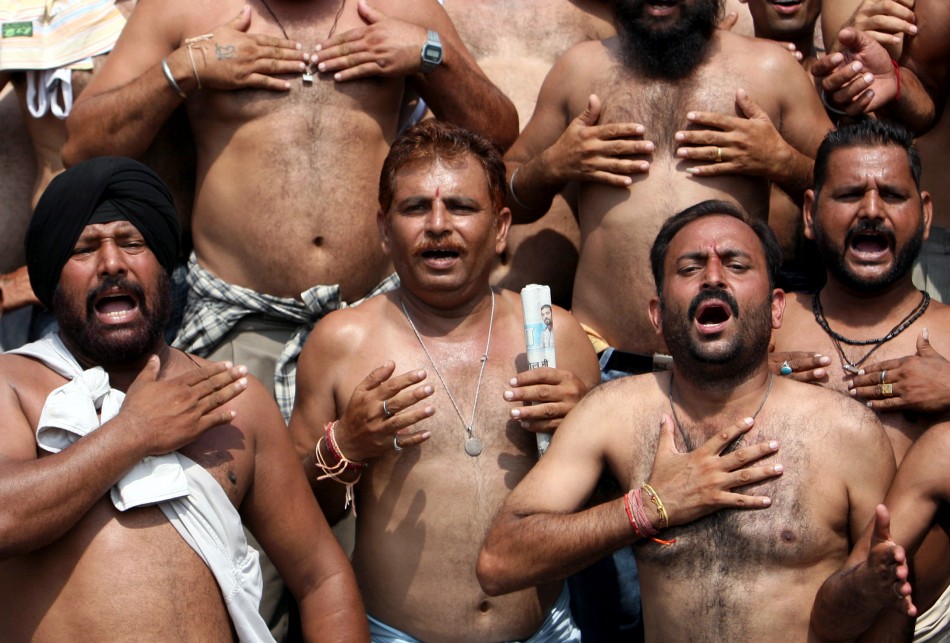
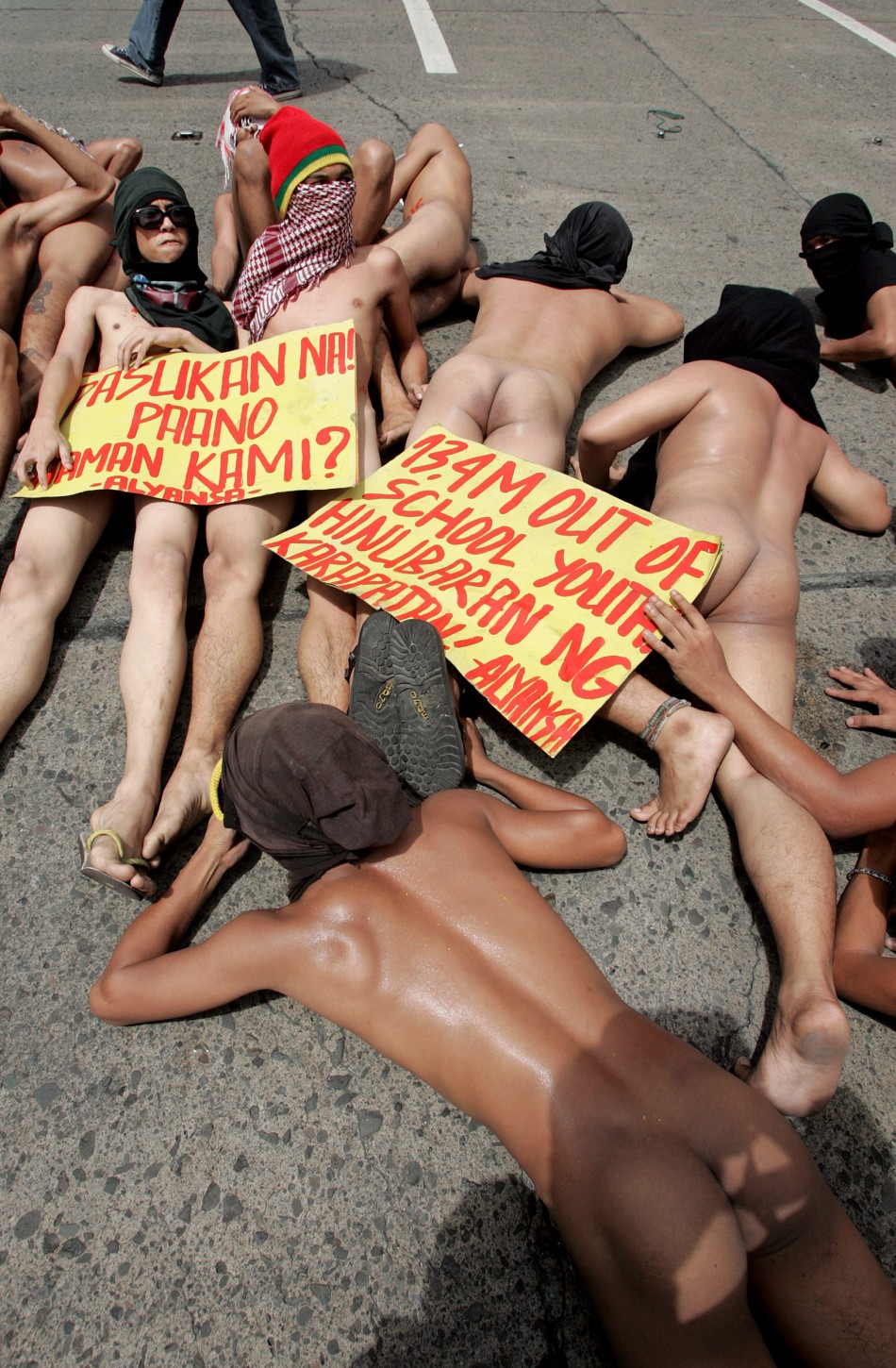
Egyptian blogger Aliaa Magda Elmahdy recently made headlines when she bared all online to protest against the censoring of the female body in Egyptian and Arab society. But she is not the only one to have used nudity as a form of protest.
In countries across the world, women (and men) have renounced their clothes to protest against issues as varied as women's rights, nuclear weapons, climate change and economic inequality.
The practice has been around for many years, but nudist activism was made commonplace in the early 1900s by Russian spiritual sect the Doukhobors,who organised naked rallies to heighten awareness of their cause. Nude activism really took off in the 60s and 70s with the hippy movement and "flower power."
In the 21<sup>st century, nude (and partially nude) protests have become a relatively commonplace occurrence, and have been used to draw attention to issues as varied as animal rights and misogyny. Nudity has also been a regular sight at the Occupy Wall Street anti-capitalist protests in recent months.
Ukrainian feminist movement, Femen, have become internationally known for organising topless protests against misogyny and other social ills. They recently took part in an anti-Berlusconi rally in Rome, before breaking ranks and protesting in the Vatican about institutionalised sexism in the Catholic Church.
While most forms of nude protest take place in public spaces - the rather attention-grabbing nature of nudity being a key factor in engendering public interest in the issue at hand - in some countries where public nudity is less accepted or banned completely, activists have taken to more covert methods for expression their dissent. Aliaa Magda Elmahdy being just the most recent example.
Earlier this year, a group of Egyptian secularists founded a Facebook page entitled "One Million Bikinis" as a response to a Salafist-inspired campaign "One Million Beards." Their slogan? "Freedom, transparency and nothing to hide."
In Saudi Arabia, there have been reports of women using web cameras to broadcast images of themselves stripping to hundreds of men in chat rooms. The women allegedly used this exposure as a form of self-expression in a society in which women's rights are severely curtailed and supressed.
But as well as being a way for women to express themselves in repressive societies, nudity can be a powerful political tool too.
In Liberia, threats to strip from the Women of Liberia Mass Action for Peace succeeded in bringing an end to the Second Liberian Civil War in 2003.
While scandals surrounding nude pictures of celebrities inevitably grip media headlines, people around the world have for decades - if not centuries - been using their bodies as a tool for political and social dissent. You may not agree with their causes, or even the way they promote them, but there is no denying that nudity and activism are two activities that go hand in hand.
As for Elmahdy, news has now emerged that a group of Islamist law graduates are filing a lawsuit against her for "violating morals, inciting indecency and insulting Islam." It seems Egypt, at least, is not ready for the rise of the nude activist. Yet.
© Copyright IBTimes 2024. All rights reserved.






